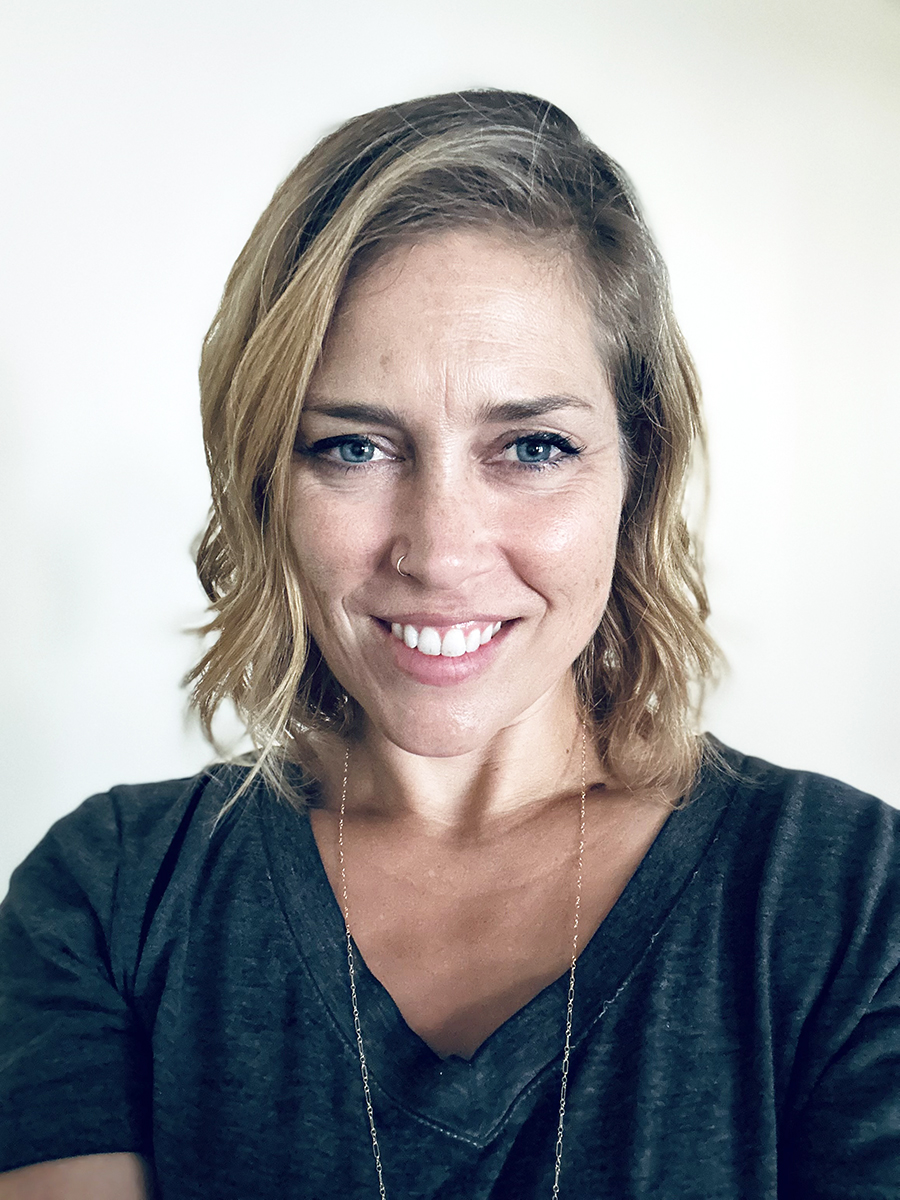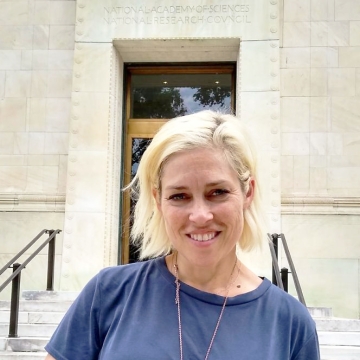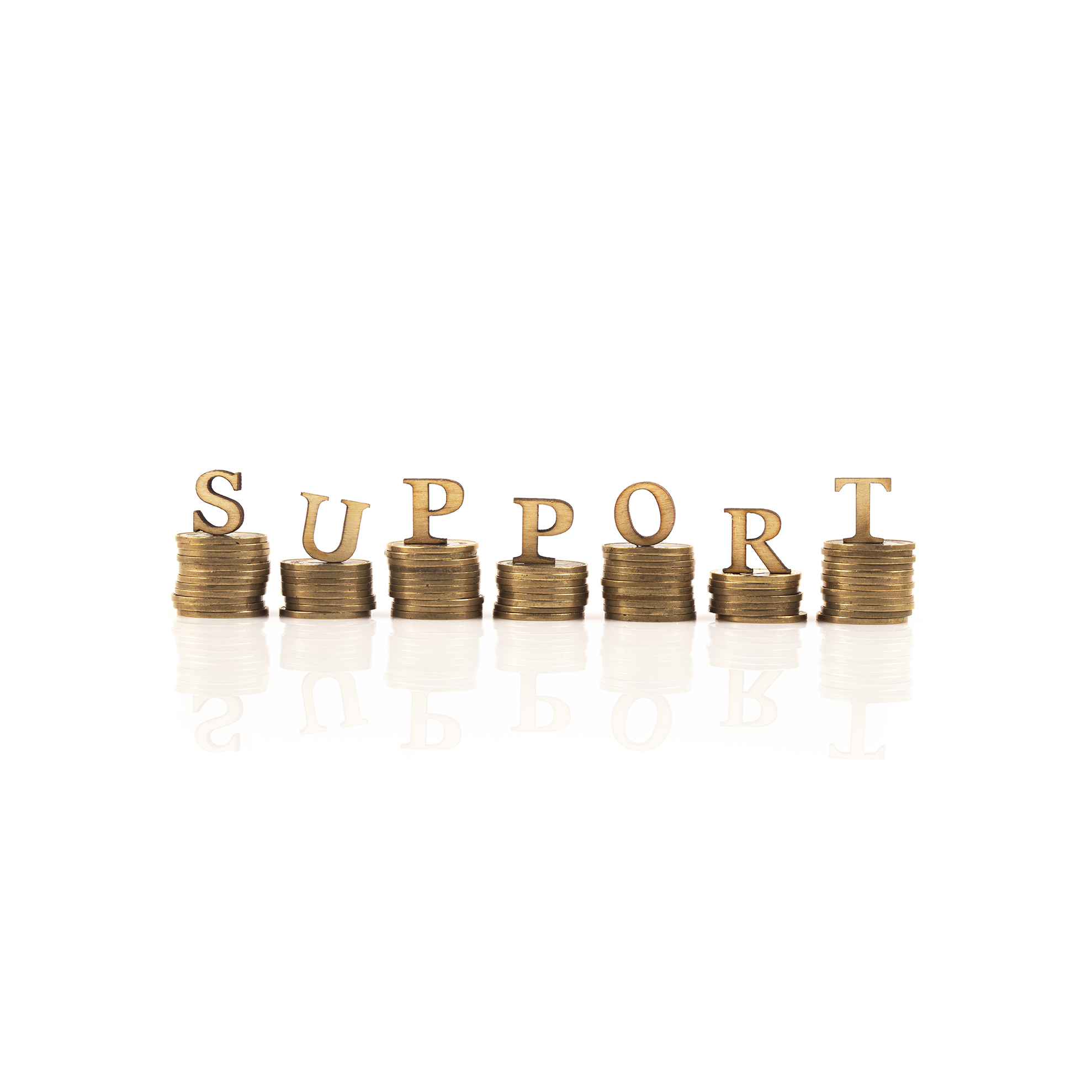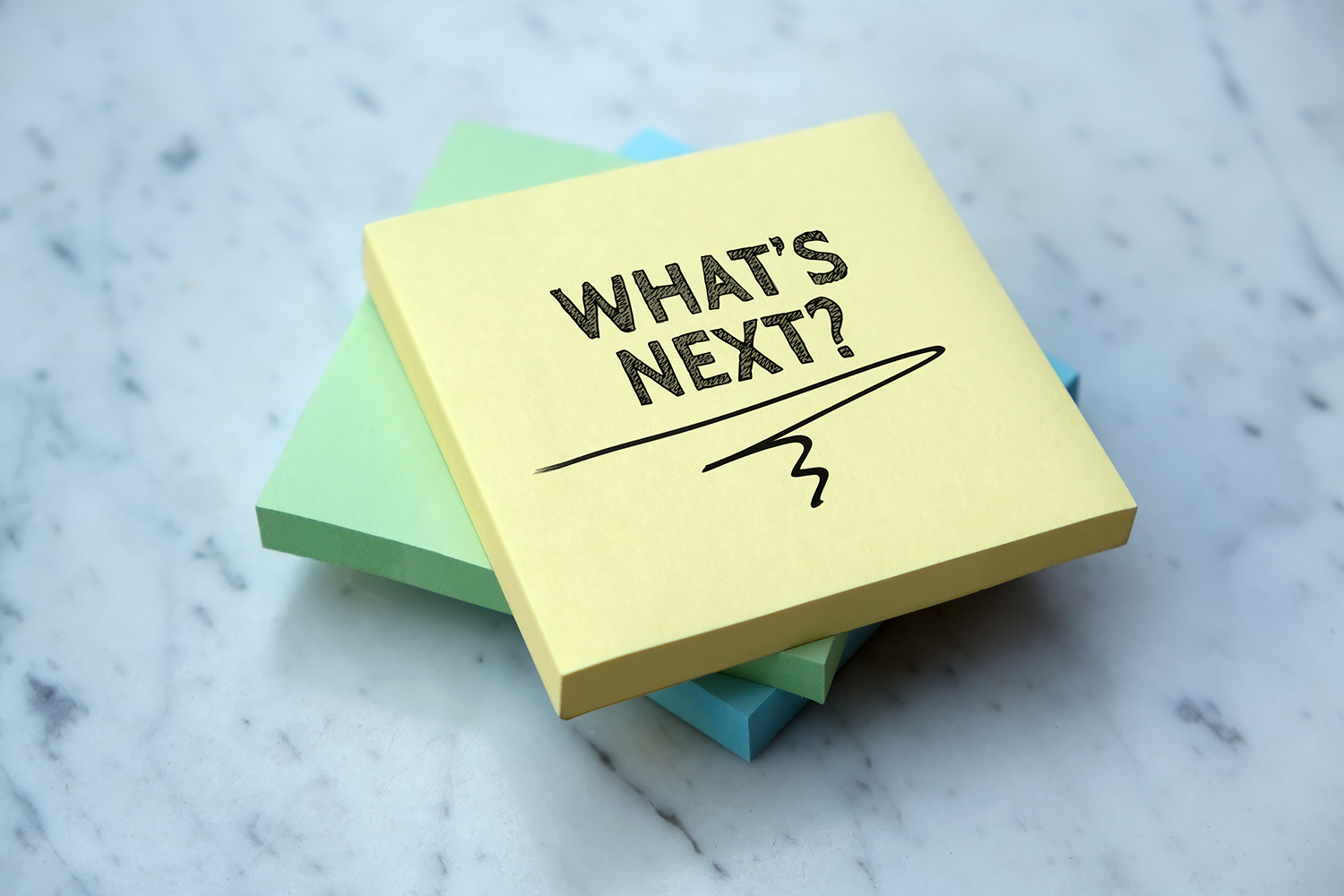A nonprofit professional discovers how the right certificate program can transform a chance opportunity into entrepreneurial success.
Allie Boman didn’t enter the world of editing with a polished resume or ready-made network. She found her way in through a Craigslist ad.
Newly relocated and interested in work with greater flexibility, Boman answered a post from a science editor, Rona Briere, looking for help with references and word processing. What started as a side gig soon deepened into something more substantial. “It became more of an apprenticeship,” Boman says. “Honestly, I learned the bulk of what I know in editing from Rona.”
But if the experience was valuable, it didn’t lead to all the career growth she wanted. Potential clients didn’t know her mentor, and Boman’s background—a bachelor’s degree in music followed by fifteen years in the nonprofit sector—didn’t convey the editorial expertise she’d acquired. “I wanted a way to show clients that I really know what I’m doing. That I’m a professional.”
She found it through the University of Chicago’s Editing certificate program—a decision shaped as much by pragmatism as by prestige. “It came up at the top of every national search I did,” she says. Just as important, the flexible online format let her continue working while she studied. And the university’s name carried weight, especially in the science and research circles where she focused her work. “The name University of Chicago has taken me a long way,” she says.
The coursework expanded her range and sharpened her grasp of the profession. “The classes go through the levels of editing—basic copyediting, substantive editing, developmental editing—and in each one, you’re working on different types of documents,” she explains. That included fiction, nonfiction, and memoir, which were genres she hadn’t encountered in her earlier science-based work. “That was really good exposure for me,” she says. “It broadened my experience and helped me figure out where I wanted to focus.”
Equally valuable was the feedback she received from instructors, who brought technical insight as well as practical strategies for building a career. “It was a safer environment to build my editing chops than with client work,” she says. “With clients, I need to already know these things.”
One elective in particular shaped her future. A crossover course in freelancing for medical writers and editors introduced her to business planning and marketing strategies—and to an instructor who would become a long-term mentor, Genevieve Walker. “That class helped me go from stabbing in the dark to making a plan and working the plan.”
Boman now leads Boman Communications, a growing agency whose work spans technical journal articles, policy reports, and web content. What began in 2019 as solo freelance work became a formal LLC by 2024, with a team in place and a client list that includes community nonprofits, public health organizations, and mission-driven small businesses. She and her team continue to serve the National Academies of Sciences, Engineering, and Medicine under Rona Briere.
“Our mission statement is communicating science for the public good,” she says. “I really believe that science can be used to help people. It’s the best way—aside from spiritual help—that I see to bring about the public good.”
That mission plays out in projects ranging from environmental science papers to websites for groups supporting underserved students in Philadelphia and small businesses in Chicago. “Those last two aren’t super technical,” she says, “but in our minds, they’re tied to public health because they promote upward mobility.”
As her client base has grown, Boman has had to rethink how she delivers work and lead more intentionally. “Clients often need more than editing—they need help with UX research, website structure, or overall content strategy,” she explains. “One day it’s a dense technical report, the next it’s messaging for a nonprofit.”
Throughout, she’s kept a close eye on the evolution of the editing field as well, particularly as freelance and contract work grow more competitive. “When I first started, a lot of editors were resting on their reputations, so I stood out with a professional website and decent business acumen,” she says. Now, with more people pursuing flexible freelance paths, she sees networking and client targeting as essential. “It’s very important for people to understand their preferred clients and to be good at networking if they want to mainly freelance.”
Three years out from completing the Editing certificate, she continues to benefit from the program. “I still watch the job postings in the program newsletter,” she says, noting that two of her long-term clients came from those listings. Guidance from instructors also helped her navigate professional organizations and hone her strategy as the field shifted. “With recent policy changes in science and education, I wouldn’t be surprised if institutions start outsourcing editing more often,” she adds. “It’s a discrete function—and one that doesn’t always require a full-time hire.”
Looking back, she’s quick to say the program gave her more than skills or credentials. “It was the people I connected with—people who inspired me, gave me real feedback, let me fail, and told me how to do better.” That’s what shaped her professional life the most: not just what she learned, but the confidence she gained to steer her career in the way that worked best for her.





